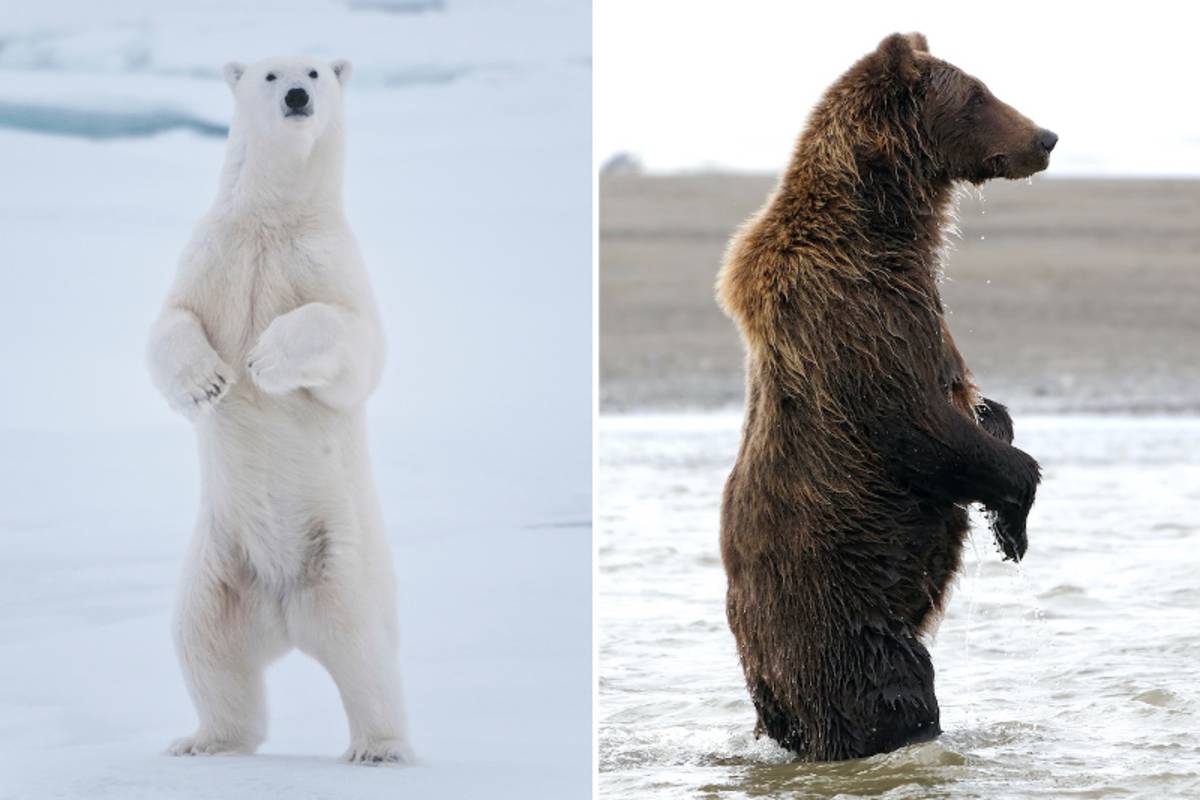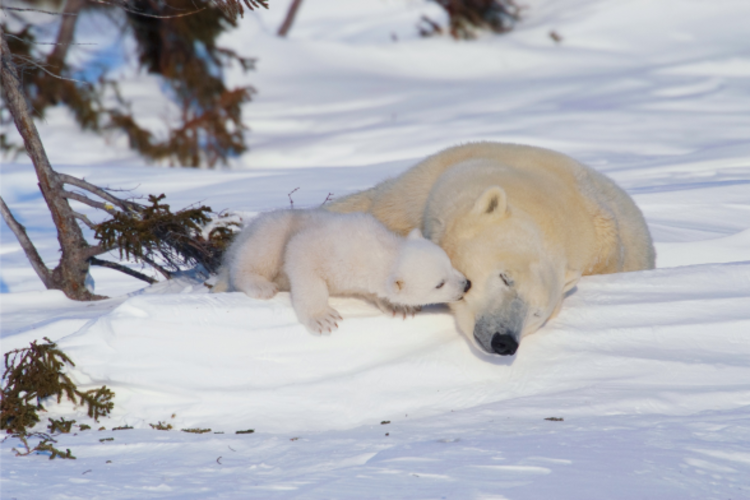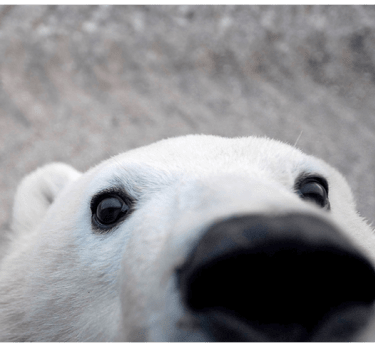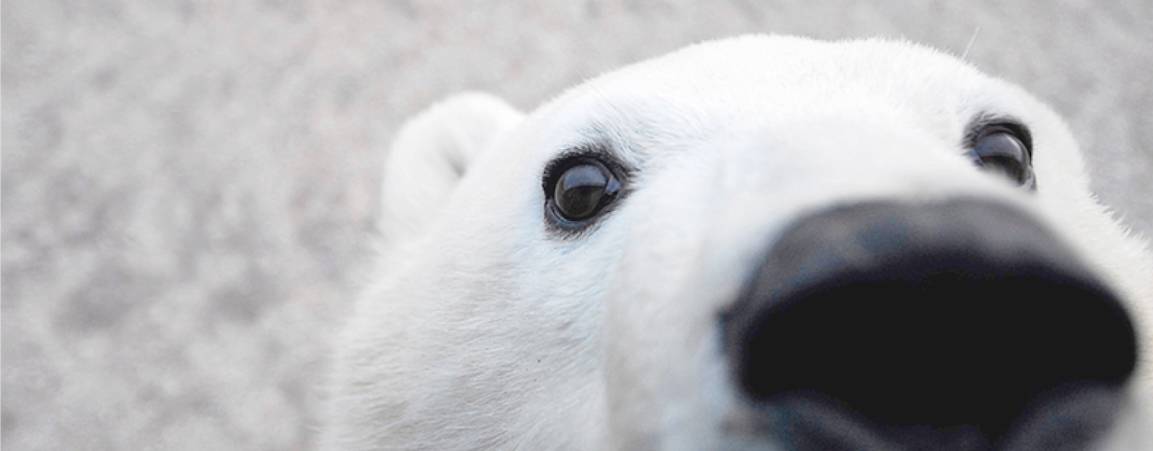
Photo: © Daniel J. Cox/Natural Exposures
Polar Bear-Grizzly Hybrids
MINS
12 Jul 2024
"Recent genetics research shows that hybridization between polar bears and grizzlies is extremely rare, with only eight known hybrids among 800 bears. Researchers expect hybrids to increase as the climate continues to warm, but warn that these bears – with a mix of polar bear and grizzly traits – are not well adapted to life on the sea ice or on land.”
Reports of polar bear-grizzly hybrids caused a flurry of press attention after the first one was discovered in Canada’s Northwest Territories in 2006. Researchers eventually identified a total of eight hybrids. A genetics study in 2017 showed they were all descendants of the same polar bear mother.
The findings led to speculation that global warming may lead to an uptick in polar bear-grizzly hybrids as ranges between the two species increasingly overlap.
More recent research in 2024 relied on a new SNP genetics sequencing chip designed to rapidly analyze genetic samples. Using the chip, researchers analyzed samples collected between 1975 and 2015 from 800 bears, including polar bears, grizzly bears, and known hybrids. The first hybrid did not appear until 2006 and scientists found no new hybrids beyond the eight already known.
The study showed that hybridization is a rare occurrence, and a recent one, suggesting that hybridization is a result of warming temperatures that are causing the habitats of polar bears and grizzlies to increasingly overlap.
The best available information suggests that polar bears separated from grizzly/brown bears about 5 million years ago. A recent fossil discovery in Svalbard indicates that polar bear dentition was essentially the same as it is now 120,000 years ago, suggesting that polar bears at that time were essentially the same as those of today.
Research shows that sporadic interbreeding between the two species occurred throughout the polar bear's history. We've known for many decades that polar bears and grizzly/brown bears can interbreed in zoos. It seems reasonable that in areas where their ranges are adjacent — that is, where the sea ice habitats occupied by polar bears and the terrestrial habitats occupied by grizzly/brown bears occur side-by-side — that some interbreeding takes place.
But are these hybrids an answer to polar bears? Dr. Evan Richardson of Environment and Climate Change Canada says that hybrids are ill-suited to adapt to the changing Arctic.
“People often ask if ‘grolars’ or ‘pizzlies’ will be better adapted to the changing Arctic. The most likely answer is no. In general, hybrids likely make for pretty poor brown bears and pretty poor polar bears. Their mix of physiology, coat color, dentition, and behavior is likely not well suited to either a terrestrial or marine existence. Indeed, genetics work shows that hybridization can and has occurred in the past, but that hybrids don’t persist over the long term.”

Photo: Jenny Wong
Meet Our Scientists
With researchers based in the U.S., Canada, Denmark, and Norway, our impact spans the circumpolar Arctic.















